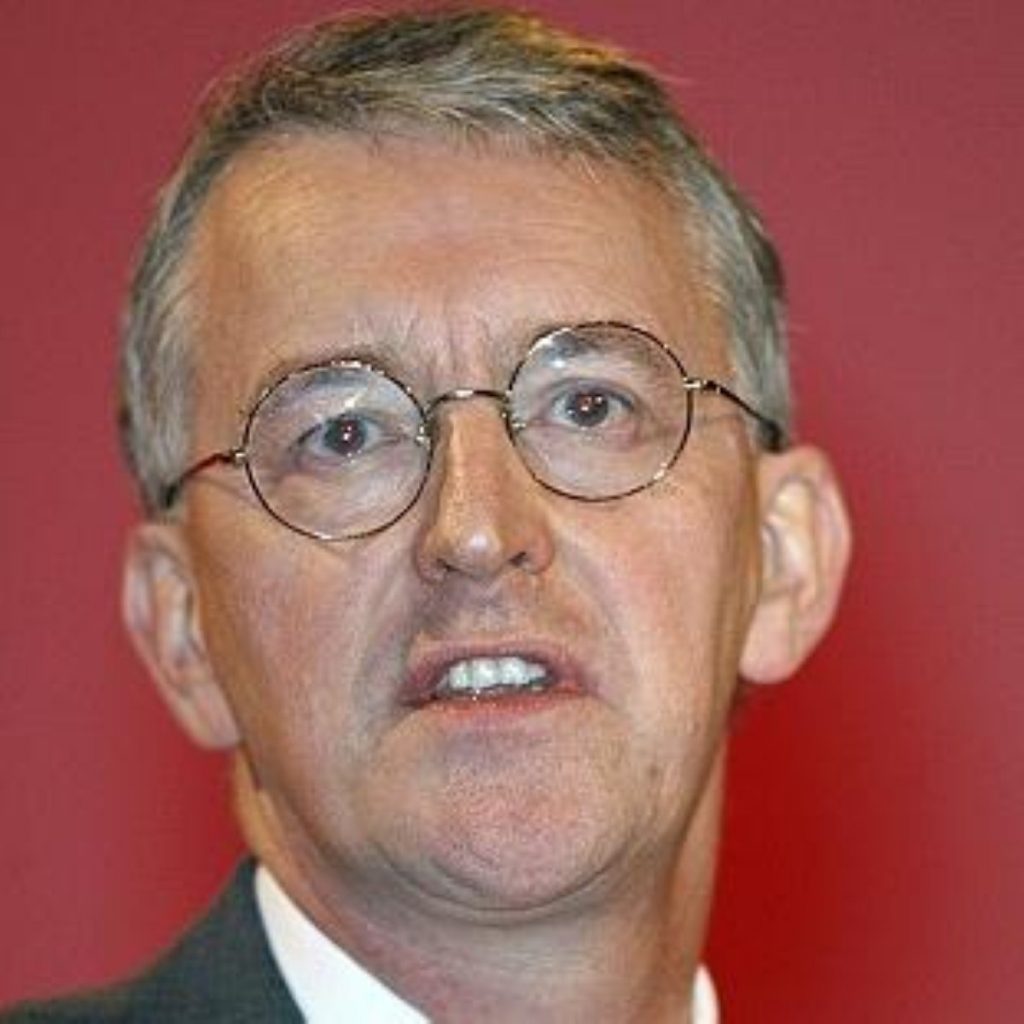Defra budget ‘out of control’
The Department for the Environment, Food and Rural Affairs (Defra) has been described as a “financial basketcase” after auditors criticised its budgets.
A National Audit Office (NAO) report into the department, headed by Hilary Benn, says it will “take time” for it to make vital improvements to its financial management.
It says the management board was at risk of exceeding its spending limit by £140 million in the early part of 2007/08, before savings were identified to balance its accounts.
Holding managers to account for their allocated resources is the key to improvements, the report recommends.
NAO head Tim Burr described steps taken by Defra as “good news” but warned “there is still some way to go before we can feel confident that public money is being spent effectively and efficiently”.
He added: “The department needs to maintain these first steps, if it is to cope in the tough financial environment reflected in the 2007 comprehensive spending review.”
Chancellor Alistair Darling granted Defra an extra £4 billion to help tackle climate change and allocated £1.2 billion over the three years for a new environmental transformation fund.
Liberal Democrat environment spokesperson Steve Webb said those relying on Defra had received “atrocious service” from the department.
“The situation is now so bad that key programmes are being slashed simply to try to balance the books,” he commented.
“Defra is the lead department in tacking climate change, which is the biggest challenge facing the planet. It is appalling that it has been allowed to get into this mess.”
Defra highlighted the report’s recognitions of improvements which had already been made during 2007/08, however.
“We are determined to ensure that these hard-won improvements provide a robust foundation for further enhancement in the years ahead,” a statement said.
“Defra has set a balanced budget for the coming year, incorporating all of our priority and essential spending, while providing flexibility for any future emergencies.”





-01.png)